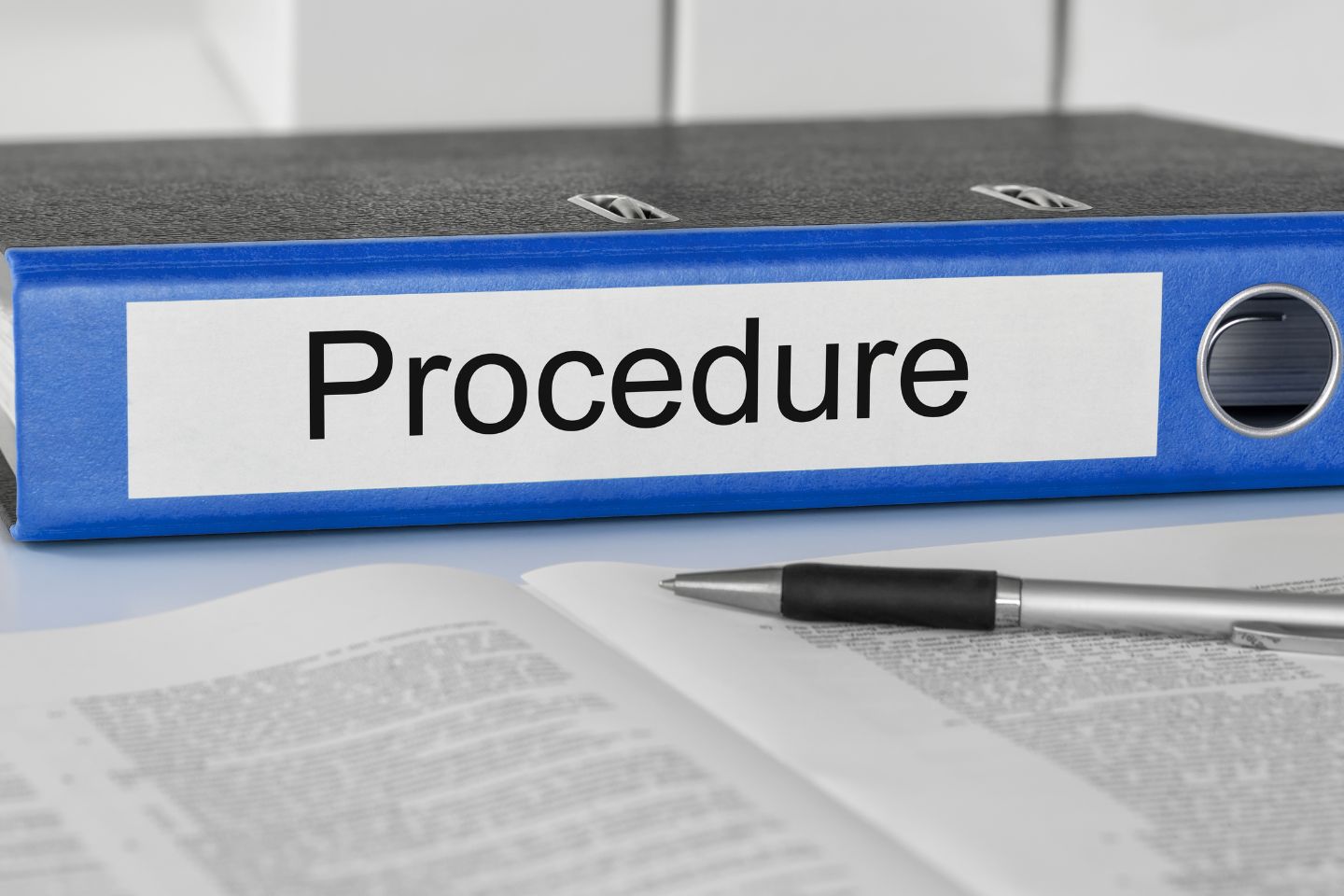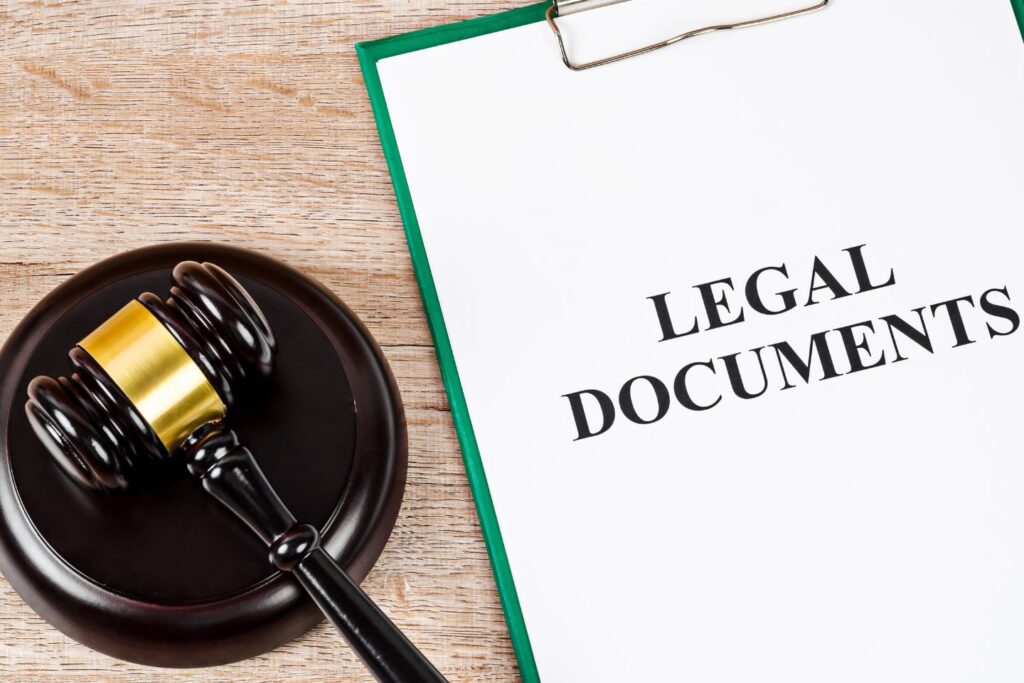If you have lost a loved one due to someone else’s negligence or wrongful act, you may be entitled to compensation under Florida’s wrongful death statute. This statute provides a legal remedy for families who have suffered the loss of a loved one due to the negligence or intentional act of another person or entity. Understanding the details of the wrongful death statute in Florida can help you determine whether you have a viable claim and what legal procedures are necessary to pursue compensation.
The Florida Wrongful Death Act details the legal procedures that must be followed in wrongful death cases, including who can file a claim, what damages can be recovered, and the time limits for filing a claim. It is important to note that not all deaths caused by negligence or intentional acts are covered by the wrongful death statute. For example, deaths resulting from medical malpractice may be subject to different legal procedures and time limits. Understanding the nuances of the law can help you navigate the legal system and maximize your chances of obtaining fair compensation.
Understanding Wrongful Death in Florida
If you have lost a loved one due to the negligence or wrongful act of another person, you may be able to file a wrongful death lawsuit in Florida. The Florida wrongful death law is governed by Chapter 768 of the Florida Statutes.
Under the Florida wrongful death law, a wrongful death occurs when a person’s death is caused by the wrongful act, negligence, default, or breach of contract or warranty of another person or entity. The law allows the decedent’s estate and certain surviving family members to recover damages for their losses.
To file a wrongful death lawsuit in Florida, you must be a “survivor” as defined by the law. Survivors include the decedent’s spouse, children, parents, and any blood relatives or adoptive siblings who were “partly or wholly dependent on the decedent for support or services.” The personal representative of the decedent’s estate may also file a lawsuit on behalf of the estate.


Damages that may be recovered in a Florida wrongful death lawsuit include:
- Medical and funeral expenses
- Loss of support and services
- Loss of companionship and protection
- Mental and emotional pain and suffering
- Lost earnings and future earning capacity
It is important to note that the statute of limitations for filing a wrongful death lawsuit in Florida is two years from the date of the decedent’s death. If you fail to file a lawsuit within this timeframe, you may lose your right to recover damages.
If you are considering filing a wrongful death lawsuit in Florida, it is important to consult with an experienced attorney who can guide you through the legal process and help you recover the compensation you deserve.
Florida Wrongful Death Act Details
If you have lost a loved one due to the negligence or wrongful act of another person or entity in Florida, you may be entitled to compensation under the Florida Wrongful Death Act. This act, which can be found in Chapter 768, Sections 16-26 of the Florida Statutes, provides a legal remedy for surviving family members of the deceased.
Under the Florida Wrongful Death Act, the following entities may be eligible to file a wrongful death claim:
- Surviving spouse
- Children
- Parents
- Any blood relative or adoptive sibling who was dependent on the deceased for support or services
The act allows for two types of damages: economic and non-economic. Economic damages include things like medical expenses, funeral costs, lost wages, and loss of future earnings. Non-economic damages include things like pain and suffering, loss of companionship, and mental anguish.
It is important to note that there is a statute of limitations for filing a wrongful death claim in Florida. Generally, the claim must be filed within two years of the date of death. However, there are exceptions to this rule, so it is important to consult with an experienced attorney to determine your specific time limits.
If you are considering filing a wrongful death claim in Florida, it is important to understand the nuances of the law and the potential damages available to you. Consulting with an experienced attorney can help ensure that your rights are protected and that you receive the compensation you are entitled to under the law.
Legal Procedures in Wrongful Death Cases
If you are filing a wrongful death lawsuit in Florida, there are certain legal procedures that you need to follow. The Florida wrongful death law, as outlined in Chapter 768 Section 21 of the Florida Statutes, governs these procedures.
First, you must identify all potential beneficiaries of a recovery for wrongful death, including the decedent’s estate, in the complaint. You must also allege their relationships to the decedent. Damages may be awarded to the beneficiaries as follows:
- The decedent’s surviving spouse may recover damages for lost companionship and protection and for mental pain and suffering from the date of injury.
- The decedent’s surviving children may recover damages for lost parental companionship, instruction, and guidance and for mental pain and suffering from the date of injury.
- The decedent’s parents may recover damages for mental pain and suffering from the date of injury.
- The decedent’s estate may recover damages for loss of earnings, medical and funeral expenses, and other expenses related to the decedent’s death.
It is important to note that only certain individuals may file a wrongful death lawsuit in Florida. As outlined in The Florida Bar’s website, the following individuals may file a wrongful death claim:
- The decedent’s spouse
- The decedent’s children
- The decedent’s parents, if there are no surviving children
- The decedent’s siblings, if there are no surviving children or parents
- Any blood relative or adoptive sibling who is “partly or wholly dependent on the decedent for support or services”
Once you have identified the potential beneficiaries and determined who is eligible to file a wrongful death claim, you must file the complaint in the appropriate court. The complaint must include specific allegations regarding the defendant’s negligence or intentional actions that caused the decedent’s death.
After filing the complaint, the defendant will have the opportunity to respond. The case will then proceed through the discovery phase, where both parties gather evidence and information related to the case. This may include depositions, interrogatories, and requests for documents.
If the case is not settled during the discovery phase, it will proceed to trial. At trial, both parties will present their evidence and arguments to a judge or jury, who will determine whether the defendant is liable for the decedent’s death and, if so, the amount of damages that should be awarded to the beneficiaries.
In summary, filing a wrongful death lawsuit in Florida involves identifying potential beneficiaries, determining who is eligible to file a claim, filing a complaint, going through the discovery phase, and potentially going to trial. It is important to follow the legal procedures outlined in the Florida wrongful death law to ensure that your case is handled properly.
Damages in Florida Wrongful Death Cases
If you have lost a loved one due to someone else’s negligence or intentional actions, you may be entitled to compensation under Florida’s Wrongful Death Act [1]. The act provides for various types of damages that can be awarded to the survivors or the estate of the deceased person. Here are some of the damages that may be available in a Florida wrongful death case:
Economic Damages
Economic damages are meant to compensate the survivors for the financial losses they have suffered as a result of the death. These damages can include:
- Loss of support and services: This refers to the value of the support and services the deceased person provided to the survivors, such as income, household services, and childcare.
- Loss of future earnings: If the deceased person was a wage earner, the survivors may be entitled to compensation for the income the person would have earned in the future.
- Medical and funeral expenses: The survivors can recover the reasonable medical and funeral expenses that were incurred as a result of the death.
Non-Economic Damages
Non-economic damages are meant to compensate the survivors for the emotional and psychological losses they have suffered as a result of the death. These damages can include:
- Pain and suffering: This refers to the emotional pain and suffering the survivors have experienced as a result of the death.
- Loss of companionship and protection: The survivors can recover damages for the loss of the deceased person’s companionship, guidance, and protection.
- Mental anguish: This refers to the emotional trauma and distress that the survivors have experienced as a result of the death.
Punitive Damages
In some cases, the court may award punitive damages in addition to the economic and non-economic damages. Punitive damages are meant to punish the defendant for their wrongful conduct and to deter others from engaging in similar conduct in the future. However, Florida law limits the amount of punitive damages that can be awarded in a wrongful death case [2].
If you are considering filing a wrongful death lawsuit in Florida, it is important to consult with an experienced attorney who can help you understand your rights and the damages that may be available to you. An attorney can also help you navigate the legal process and fight for the compensation you deserve.
[1] Source: The Florida Bar [2] Source: Rumberger, Kirk & Caldwell


Limitations and Exceptions
When it comes to wrongful death cases in Florida, there are certain limitations and exceptions that you should be aware of. The general rule in Florida is that a wrongful death lawsuit must be filed within two years of the date of the deceased individual’s death. This is known as the statute of limitations. If you fail to file your claim within this time frame, you may lose your right to recover compensation for your loss.
However, there are some exceptions to this rule. For example, if the wrongful death was caused by medical malpractice, the statute of limitations may be extended. Florida Statute 95.11(4)(b) states that the statute of limitations for medical malpractice actions is two years from the date of the incident or two years from the date the incident was discovered, or should have been discovered, with the exercise of due diligence. However, in no event can a medical malpractice action be filed more than four years after the incident occurred.
Another exception to the statute of limitations is if the wrongful death was caused by a defective product. In such cases, the statute of limitations may be extended to 12 years from the date of the product’s initial sale or lease, whichever is shorter. This is known as the statute of repose.
It’s important to note that there are also limitations on the amount of damages that can be recovered in a wrongful death case. Under Florida law, damages in a wrongful death case may include compensation for medical and funeral expenses, loss of support and services, and mental pain and suffering. However, there are limits on the amount of damages that can be recovered in certain cases. For example, if the wrongful death was caused by a government entity, damages may be limited to $200,000 per claimant and $300,000 per incident.
In summary, if you are considering filing a wrongful death lawsuit in Florida, it’s important to be aware of the limitations and exceptions that may apply to your case. While the statute of limitations is generally two years from the date of the deceased individual’s death, there may be exceptions in cases involving medical malpractice or defective products. Additionally, there are limits on the amount of damages that can be recovered in certain cases. It’s important to consult with an experienced wrongful death attorney to determine your legal rights and options.
Key Takeaways
|
Frequently Asked Questions
Who is eligible to file a wrongful death claim in Florida?
In Florida, the personal representative of the deceased person’s estate is the only one who can file a wrongful death claim. The personal representative is usually named in the deceased person’s will or appointed by the court. The personal representative can file the claim on behalf of the deceased person’s surviving family members, including the spouse, children, parents, and other dependents.
How does a wrongful death settlement work in Florida?
A wrongful death settlement in Florida is a legal agreement between the parties involved in the lawsuit. It typically involves the payment of a sum of money by the defendant to the plaintiff in exchange for the plaintiff dropping the lawsuit. The settlement amount can be negotiated by the parties involved or determined by a judge or jury if the case goes to trial.
What is the cap on wrongful death in Florida?
There is no cap on damages in a wrongful death lawsuit in Florida. However, there are limits on the types of damages that can be recovered. For example, non-economic damages, such as pain and suffering, are limited to $500,000 per claimant. Economic damages, such as medical expenses and lost wages, have no limits.
What is the Florida wrongful death survival statute?
The Florida wrongful death survival statute allows the personal representative of the deceased person’s estate to file a lawsuit on behalf of the deceased person. The lawsuit seeks damages for the deceased person’s losses, such as medical expenses, lost wages, and pain and suffering, that occurred before their death.
What are the proceeds of a wrongful death lawsuit in Florida?
The proceeds of a wrongful death lawsuit in Florida are distributed among the deceased person’s surviving family members according to the state’s wrongful death statute. The distribution is based on the relationship between the deceased person and the surviving family members.
How is a Florida wrongful death settlement distributed among beneficiaries?
A Florida wrongful death settlement is distributed among the beneficiaries according to the state’s wrongful death statute. The distribution is based on the relationship between the deceased person and the surviving family members. The personal representative of the deceased person’s estate is responsible for distributing the settlement proceeds to the beneficiaries.



